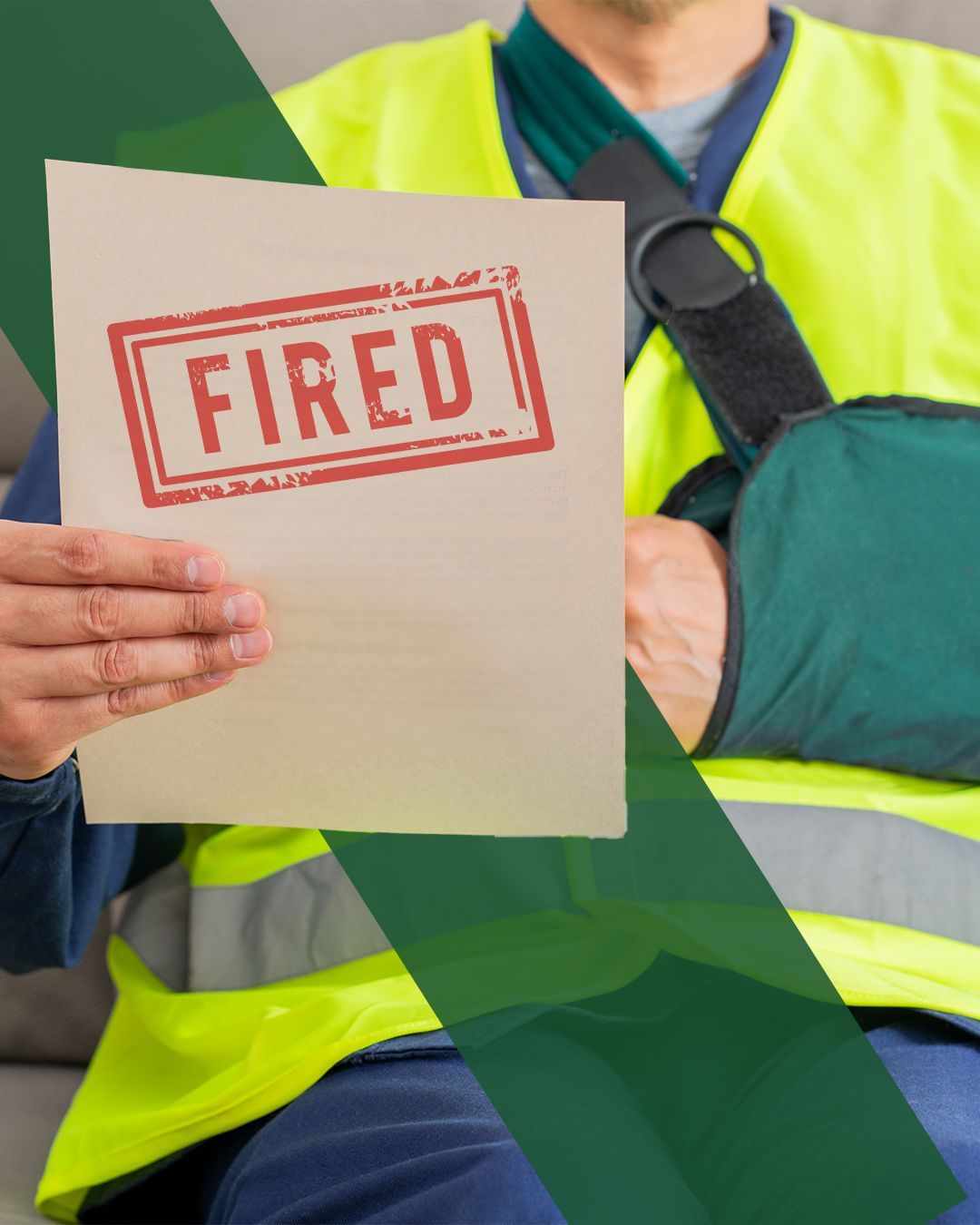Car Accidents And Police Reports
In the wake of a car accident, it can be tempting to just move on and forget about everything that happened. After all, you're shaken up and probably have a lot of other things to deal with at the moment. But if you don't get a police report after an accident, you could have serious problems down the road. Here are some key reasons why it's so important to contact law enforcement after an auto collision:
Always call the police to your car accident scene
The police are one of the most important members of your team. They can help you in many ways, including:
- Gathering evidence that may be vital to your case
- Taking photos and videos of the scene and other vehicles involved, which can be used to support your claims
- Assisting with traffic control so that cars aren’t blocking the road or causing other potential hazards
A Police Report Helps When There Are Significant Injuries Or Damages.
The police report is an important document that helps establish the legal validity of your claim. In many cases, a police report can be used as evidence to determine who was at fault for the accident and what damages were sustained by both parties.
It's also beneficial for any party involved in an auto accident to obtain witness information at the scene. Witnesses can often provide valuable insight into how an accident occurred, how much damage was caused, and whether anyone else was injured or killed in the crash.
Without a police report, you have to prove that another driver was at fault. If no one witnessed what happened, or if no one can remember clearly what happened (or they just don't want to admit they were driving while intoxicated), then there may not be enough evidence in court for the judge or jury to side with you over the other person.
Even worse than this is if someone has damaged their car during a car accident and they want to sue for damages or make a claim on their insurance policy—if there's no proof that an accident occurred in the first place, then there won't be any way for them to prove how much damage occurred either!
You Can't Always Trust That Other Driver
Unfortunately, you can't always trust that the other driver will own up to their role in causing the accident. Many people are reluctant to admit fault for fear of losing their insurance coverage or getting dinged with a citation for making an unsafe lane change. In these scenarios, it's important to ensure you have documentation of what happened.
Getting a police report after an accident is not expensive and doesn't take long, usually only a few minutes. If you decide that filing a claim against another driver is something you want to pursue later on down the line, having this documentation handy will help make things easier as you go through the process. Even minor accidents can cause big problems later on without a police report.




